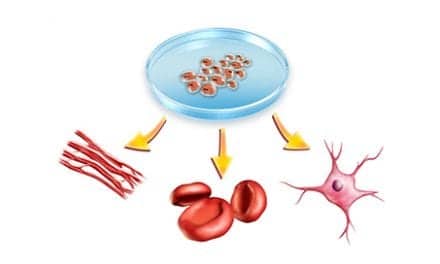The current activity guideline to help prevent heart disease and early death is 30 minutes per day, or 150 minutes per week. The type of activity doesn’t matter, as long as the guideline is met to help raise the heart rate, according to the PURE study, published in The Lancet.
The Prospective Urban Rural Epidemiology (PURE) study, led by the Population Health Research Institute of McMaster University and Hamilton Health Sciences, included more than 130,000 people from 17 countries, including low and middle-income countries where people don’t generally don’t participant in leisure-time physical activity.
“By including low and middle-income countries in this study, we were able to determine the benefit of activities such as active commuting, having an active job, or even doing housework,” says principal investigator Dr Scott Lear, in a media release from McMaster University.
By meeting the activity guidelines, the study participants reduced their risk of death from any cause by 28%, and reduced their risk of heart disease by 20%. In addition, those who did more than 750 minutes of brisk walking per week reduced their risk of death by more than 36%.
However, less than 3% of participants achieved this level from leisure time activity while 38% of participants achieved this level from activities such as commuting, being active at work, or doing household chores.
No matter the activity, it needs to be incorporated into daily life for people to realize its full benefits, according to Lear, a professor of Simon Fraser University’s Faculty of Health Sciences, in the release.
“Going to the gym is great, but we only have so much time we can spend there. If we can walk to work, or at lunch time, that will help, too,” he states.
“For low and middle income countries where having heart disease can cause a severe financial burden, physical activity represents a low-cost approach that can be done throughout the world with potential large impact,” shares Dr Salim Yusuf, director of the Population Health Research Institute and principal investigator of the PURE study.
“If everyone was active for at least 150 minutes per week, over seven years, a total of 8% of deaths could be prevented,” he adds.
[Source(s): McMaster University, Science Daily]





